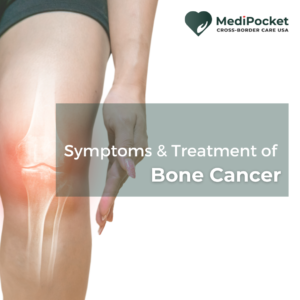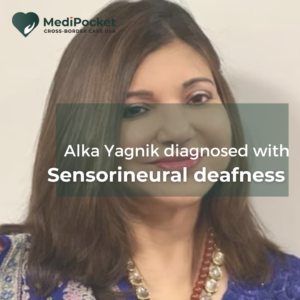Cardiology

Cardiology is a discipline of medicine concerned with the research, diagnosis, and treatment of heart and circulatory system illnesses and disorders. Cardiologists are doctors who specialize in the prevention, diagnosis, and treatment of cardiac illness, including coronary artery disease, heart failure, and arrhythmias. They may employ a variety of diagnostic techniques to check the heart and circulatory system, such as electrocardiograms (ECGs), echocardiograms, and stress tests. Cardiology is an essential discipline since cardiovascular disease is the main cause of mortality globally.
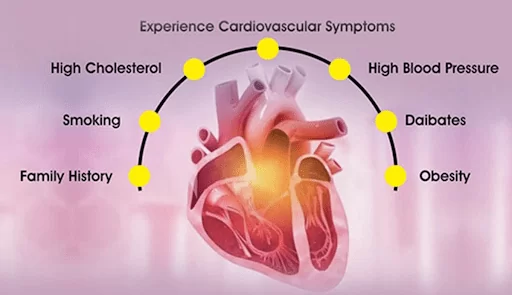
Heart disorders
Heart disorders are medical problems that impair the heart’s and blood vessels’ appropriate functioning. Coronary artery disease, heart failure, arrhythmia, and heart valve disease are all examples of prevalent heart problems. These diseases can cause symptoms such as chest discomfort, shortness of breath, dizziness, and palpitations. Depending on the exact cardiac condition, treatment options may include medication, lifestyle modifications, and surgical treatments. To lower the chance of developing heart diseases, it is critical to maintain excellent heart health via regular exercise, a balanced diet, and other healthy practices.
Cardiac arrhythmia
Cardiac arrhythmia is a disorder that affects the human heart’s cardiac muscle, causing it to beat erratically, too quickly, or too slowly. It can cause a variety of symptoms such as dizziness, palpitations, and shortness of breath. In certain situations, cardiac arrhythmia can raise the chance of having a heart attack or having a stroke, so it’s critical to get medical assistance if you have any symptoms of a heart attack, such as chest discomfort, nausea, or sweating. World Heart Day is an annual event that promotes the significance of heart health and the prevention of heart illness, particularly cardiac arrhythmia.
Coronary artery disease
Coronary artery disease is a common cardiac condition in which the coronary arteries, which carry blood to the heart muscle, constrict or become clogged. This can result in chest discomfort, shortness of breath, and, in extreme cases, a heart attack. To lower the chance of developing coronary artery disease, it is critical to maintain a healthy lifestyle that includes frequent exercise and a well-balanced diet. Medication, lifestyle modifications, and surgical treatments including angioplasty or bypass surgery may all be alternatives for treatment.
Cardiac arrest
Cardiac arrest is a life-threatening medical condition that happens when the heart abruptly stops beating. A variety of things can contribute to it, including underlying cardiac diseases, electrical abnormalities in the heart, or physical trauma. To restore normal heart function, cardiac arrest needs prompt medical intervention, including cardiopulmonary resuscitation (CPR) and defibrillation. Knowing the symptoms of a heart attack, such as chest discomfort, shortness of breath, and perspiration, can assist people in recognizing the warning indications of cardiac arrest and seeking immediate medical assistance. International Heart Day serves as a timely reminder of the necessity of maintaining excellent cardiovascular health in order to prevent the risk of cardiac arrest and other heart problems.
Congenital Heart Defects
Congenital heart defects are structural abnormalities in the heart that occur at birth. These defects, which can range from mild to severe, can affect the heart’s walls, valves, or blood vessels. Congenital heart defects are the most common type of birth defect, affecting about 1 in 100 newborns. Some defects may not cause any symptoms and may not require treatment, while others may require surgery or other interventions. Early detection and treatment of congenital heart defects is critical for the best possible outcomes.
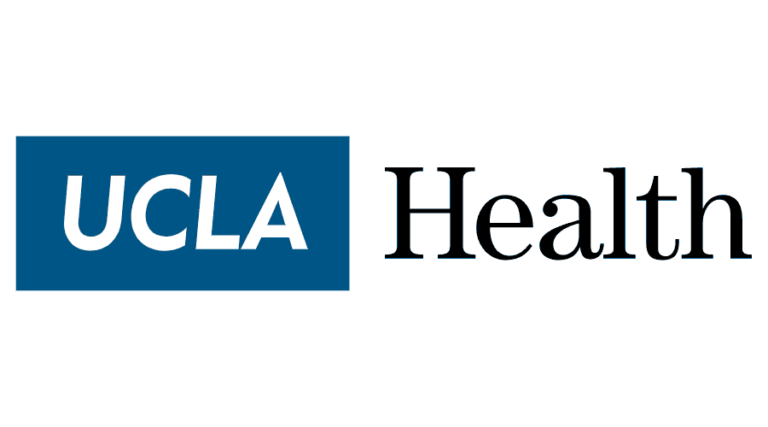

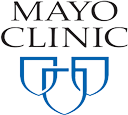
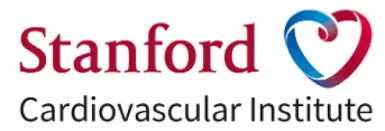
100+ Top USA Cardiologists
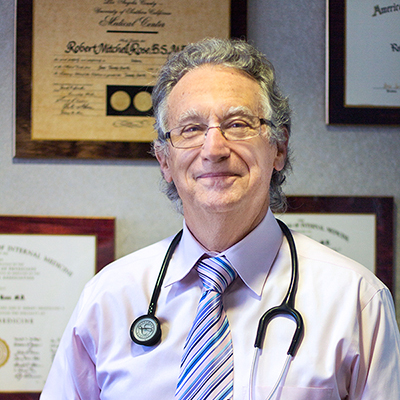
Dr. Robert M. Rose
- Experiance : 55+ Years
- Specialist : Cardiology
- Address : Beverly Hills, USA
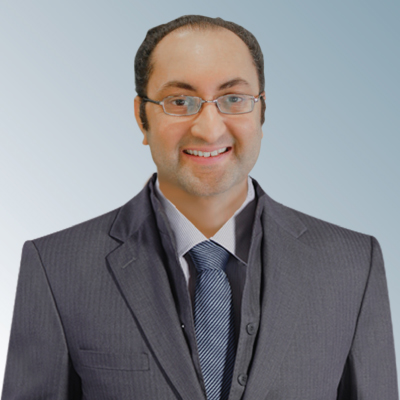
Dr. Ram Dandillaya
- Experiance : 15+ Years
- Specialist : Cardiology
- Address : Los Angeles, USA
[wpforms id=”18712″]
[wpforms id=”18712″]



